
Radar | Aug 14,2021
Jun 29 , 2019
By TEMESGEN MULUGETA ( FORTUNE STAFF WRITER )
The regional mining bureau in Oromia confiscated 29,000tn of construction material in Adama town "stolen" from the Ethiopian Railway Corporation.
Worth 12 million Br, the materials were unused leftover material from the construction of the Ethio-Djibouti railway project, which has been operational since January 2018. It was confiscated at Dabe Soloqe Kebele, 90km from the capital.
After the project was completed, the construction material should have been returned to the government but was not, according to Yirdaw Negash, director general of Oromia Water, Mineral & Energy Bureau.
"Three individuals allegedly sold the confiscated materials in the past two months, and police are investigating the case," Yirdaw said.
In the past two weeks, the Bureau has also seized 278 Sino trucks carrying 4,448 cubic metres of construction material valued at 360,000 Br in Eastern Shoa.
The railway, which cut travelling time between Djibouti and Addis Abeba from three days to 12 hours, was constructed under the authority of the Ethiopian Railway Corporation for 4.2 billion dollars, with 70pc financing by the Export-Import Bank of China.
The railway mainly transports imports and exports from the capital to the Port of Djibouti, where 90pc of Ethiopia's international trade takes place, and assumes 70pc of the total activity at Djibouti’s port.
"Our main challenge was the gap in penalties in the law, so we started amending the directives and proclamations one month ago, and the draft bill has been sent to the region's Attorney General," Yirdaw said.
In the new directives, the illegal possession of minerals will lead to five years of imprisonment and up to 200,000 Br in penalties.
Gujji, Borena and Wollega are well-known areas for their abundant, albeit underutilised, mineral resource deposits. In Oromia region, 61 exploration licenses have been issued at the federal level and at least 2,000 from the regional bureaus. In 2018 there were around 1,400 large-scale miners in the Oromia Regional State, and the sector creates job opportunities for 82,000 employees.
"One of the other major problems is after a project is completed, the contractors sell off the leftover construction materials to third parties," he added.
For the past two years, the export revenue in the country has dwindled. In the first three quarters of the current fiscal year, the export of minerals generated 39.6 million dollars, while the government targeted to earn 766.9 million dollars in export revenues this year.
Ejigu Alem, a PhD candidate and lecturer at Haramaya University's School of Geography & Environmental Studies, believes that contraband and illegal activities in the mining sector contribute to losses of a significant amount of money.
"Construction firms, either intentionally or by carelessness, transfer leftover material to other parties, and the material is misused," Ejigu said. "Amending the laws will strengthen the law and help minimise illegal activities."
Dereje Tefera, communications director of the Ethiopian Railway Corporation, did not reply to Fortune’s inquiries by the time this paper went to print.
PUBLISHED ON
Jun 29,2019 [ VOL
20 , NO
1000]

Radar | Aug 14,2021

Radar | Aug 10,2019
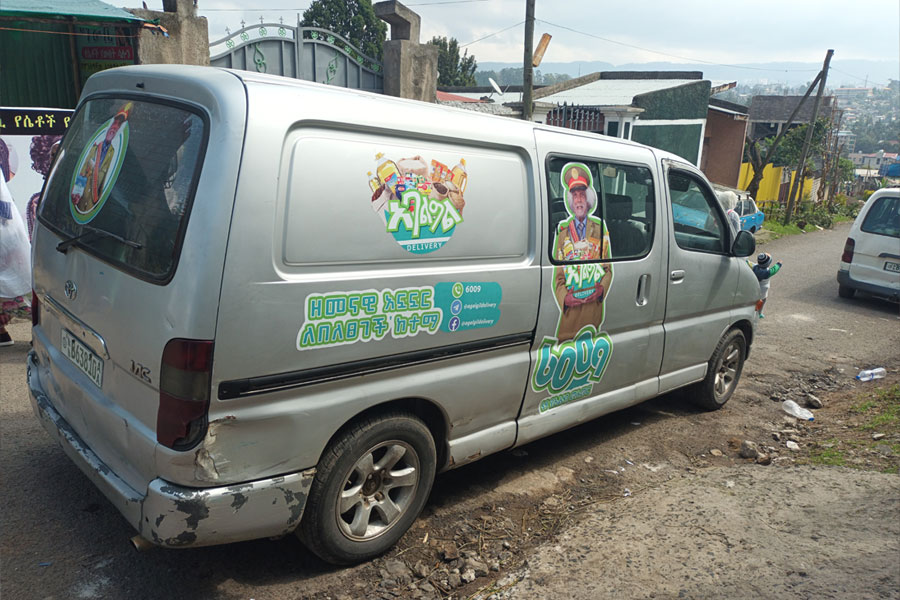
Fortune News | Aug 26,2023
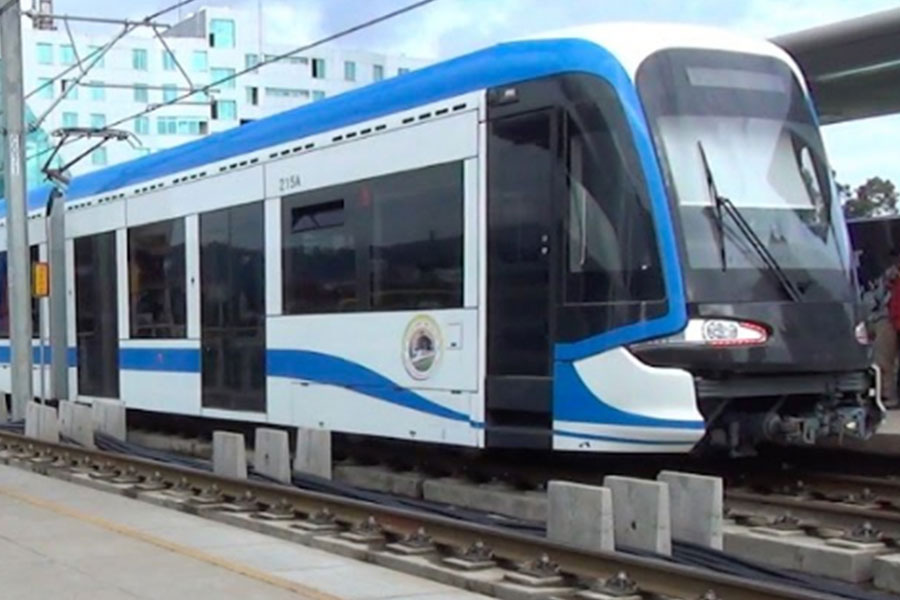
Fortune News | May 15,2021
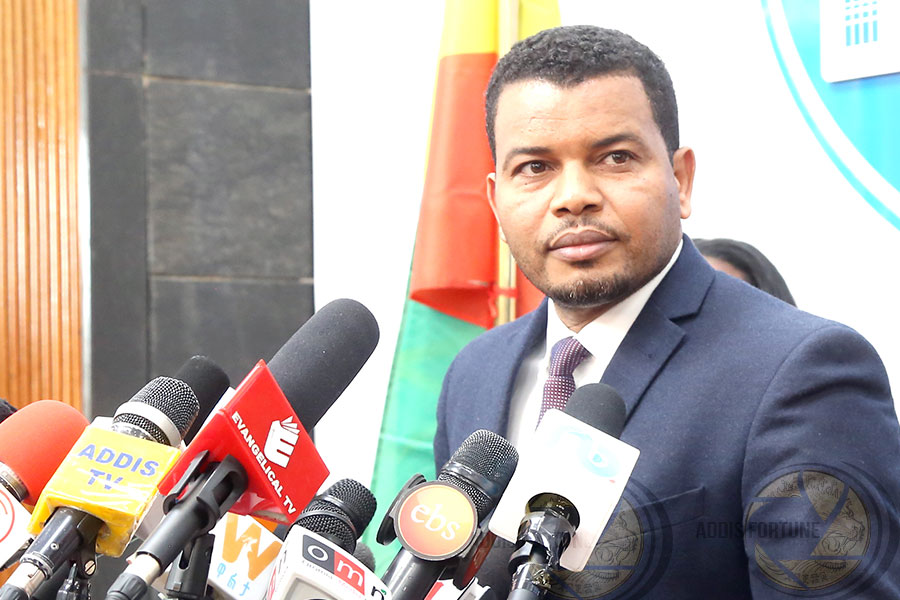
Fortune News | Feb 02,2019

Fortune News | Nov 27,2022
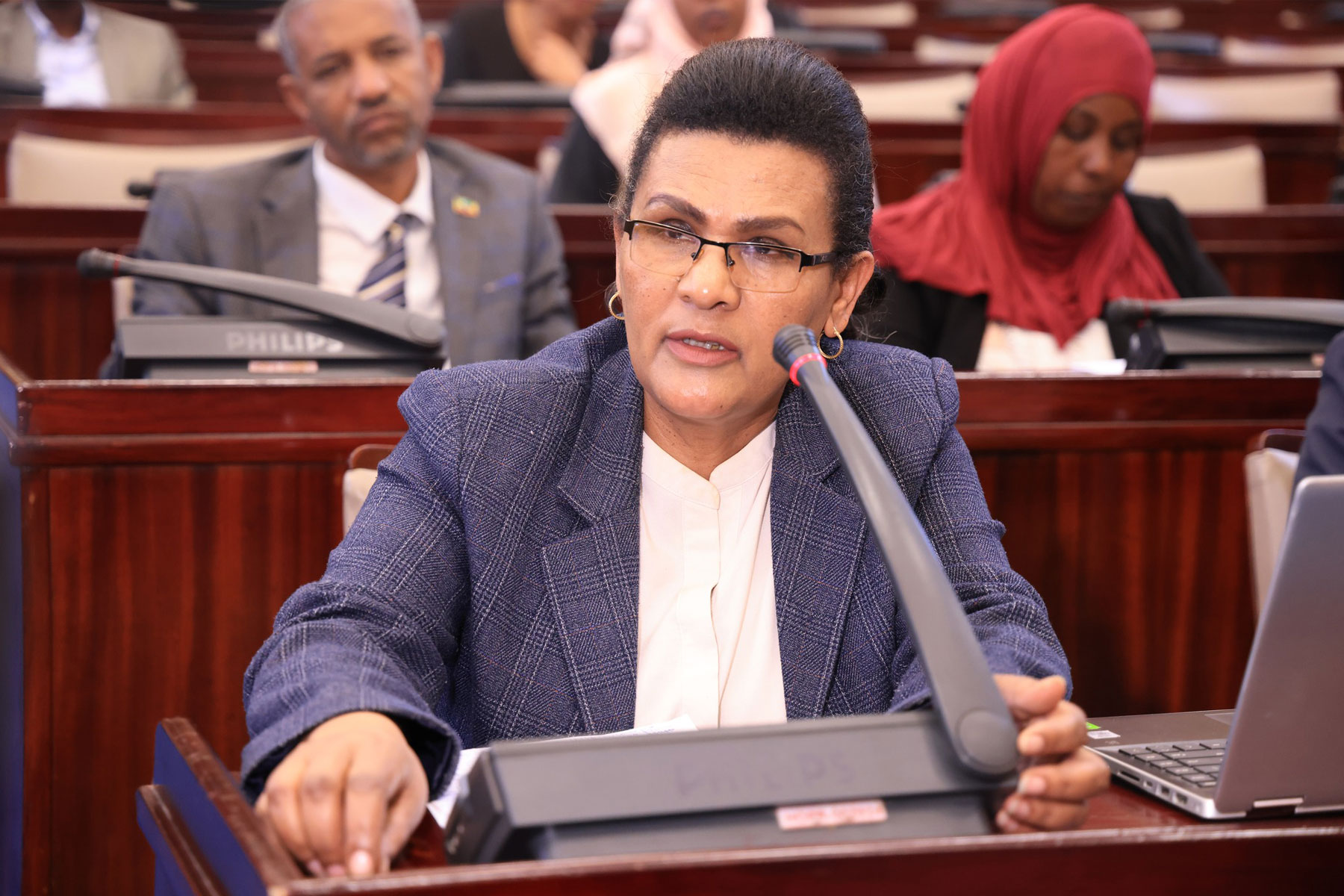
Fortune News | Apr 28,2024
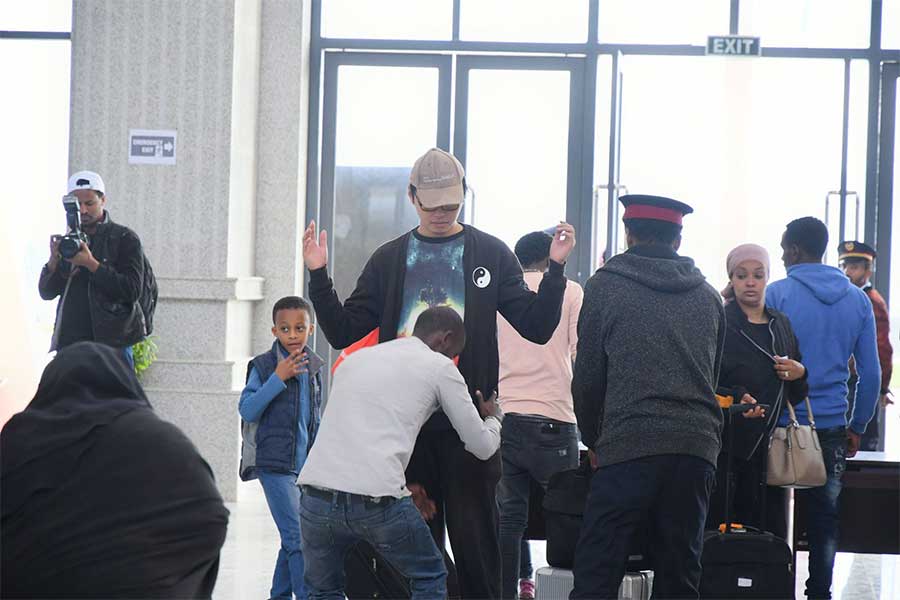
Featured | Sep 14,2019

Radar | Aug 17,2019
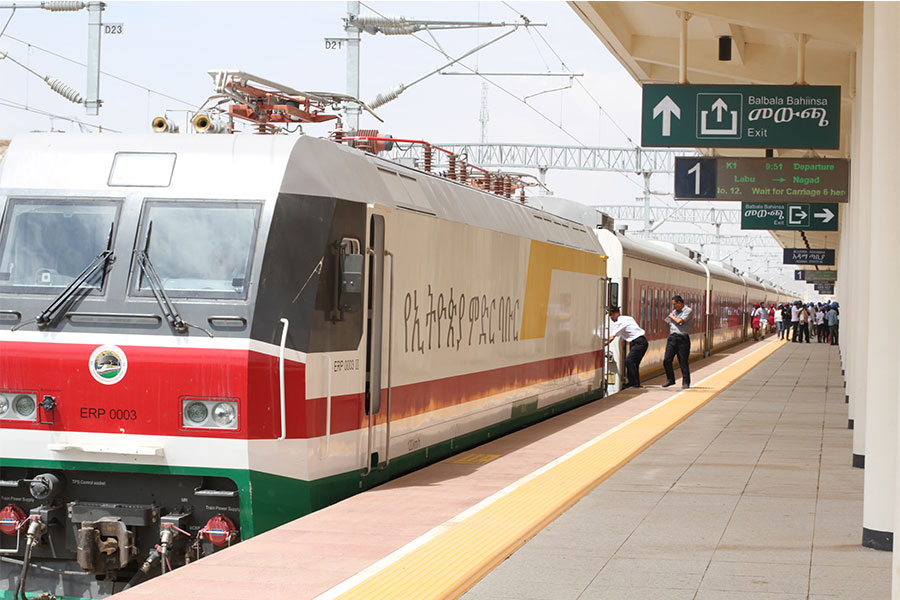
Fortune News | May 18,2019

Dec 22 , 2024 . By TIZITA SHEWAFERAW
Charged with transforming colossal state-owned enterprises into modern and competitiv...

Aug 18 , 2024 . By AKSAH ITALO
Although predictable Yonas Zerihun's job in the ride-hailing service is not immune to...

Jul 28 , 2024 . By TIZITA SHEWAFERAW
Unhabitual, perhaps too many, Samuel Gebreyohannes, 38, used to occasionally enjoy a couple of beers at breakfast. However, he recently swit...

Jul 13 , 2024 . By AKSAH ITALO
Investors who rely on tractors, trucks, and field vehicles for commuting, transporting commodities, and f...

Oct 18 , 2025
The political establishment, notably the ruling party and its top brass, has become p...

Oct 11 , 2025
Ladislas Farago, a roving Associated Press (AP) correspondent, arrived in Ethiopia in...

Oct 4 , 2025
Eyob Tekalegn (PhD) had been in the Governor's chair for only weeks when, on Septembe...

Sep 27 , 2025
Four years into an experiment with “shock therapy” in education, the national moo...